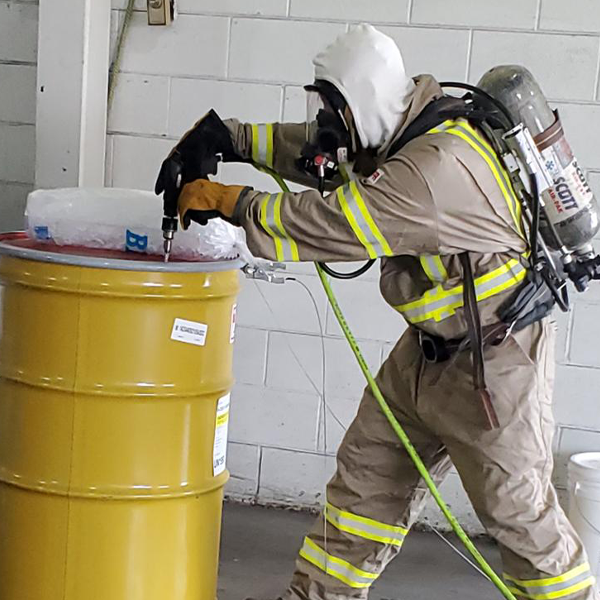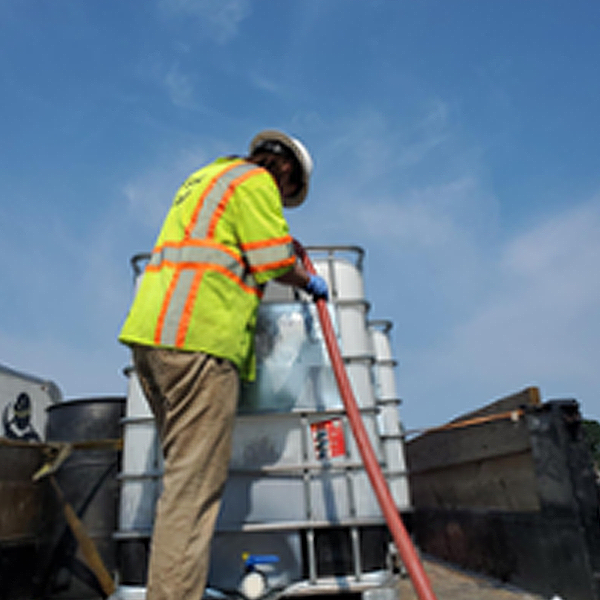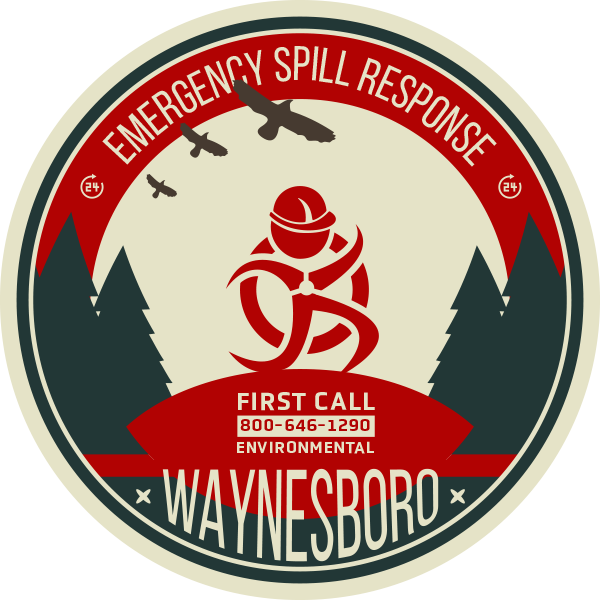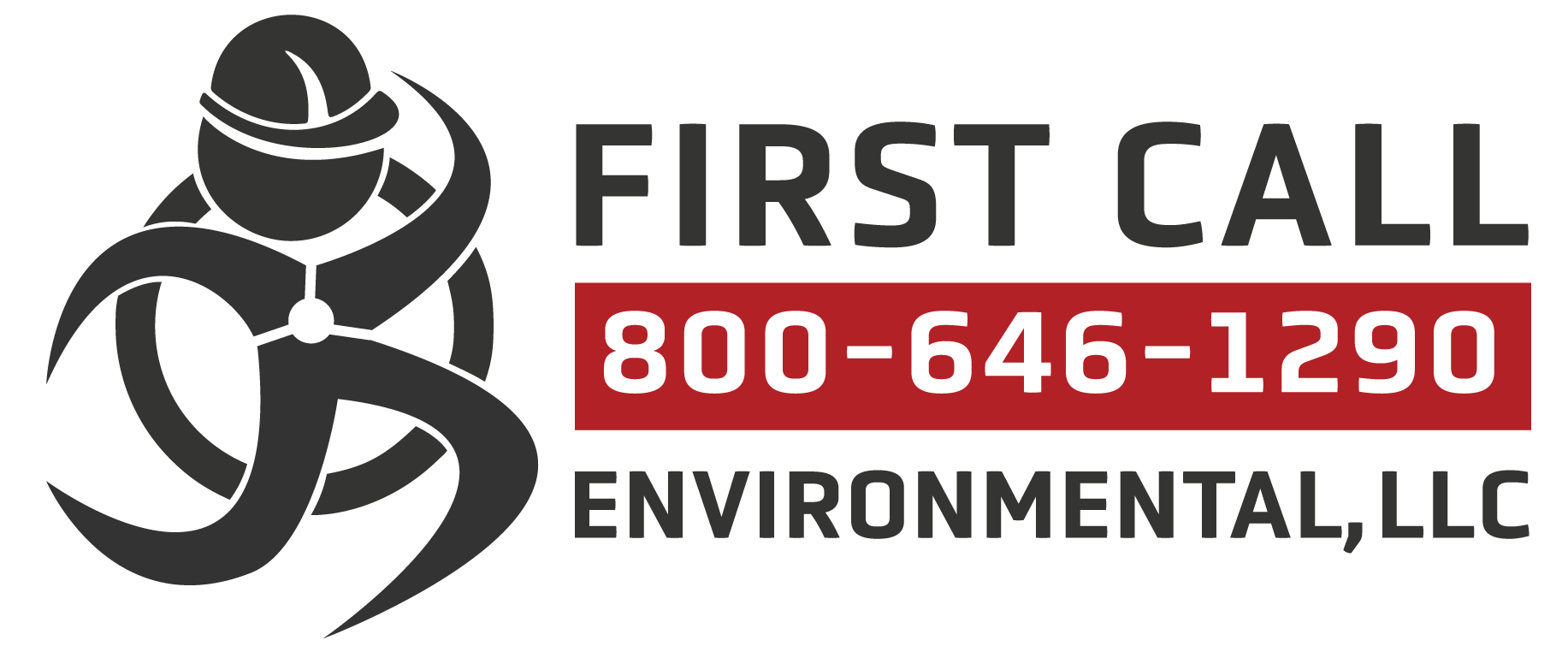
by SpillResponse | Sep 23, 2021 | #SpillLife, Community, Emergency Response, New Location
Please join First Call Environmental in welcoming the grand opening of our newest service location – Hagerstown, MD. Our Hagerstown, MD, office is open and ready to respond 24/7, 365 for you and ready to show you, “The First Call Difference!”...

by SpillResponse | Aug 29, 2021 | #SpillLife, Cleanings, Emergency Response, Hazmat, Latest Response, Spill Cleanup, Waste Management
First Call Environmental, LLC Columbus, OH was recently requested to respond to an incident involving a bulging drum inside a facility. Upon arrival, the team discovered the drum was in fact a steel overpack that contained a 55 gallon drum inside. The team gathered...

by SpillResponse | Jul 29, 2021 | #SpillLife, Community, Emergency Response, Safety Corner
August can be a hot month and wearing PPE when it’s hot outside can be uncomfortable. When workers are uncomfortable, they’re more tempted to remove their PPE just for a little bit to try to get some relief. The only problem is that hazards don’t go away just because...

by SpillResponse | Jul 29, 2021 | #SpillLife, Cleanings, Emergency Response, Hazmat, Latest Response, Spill Cleanup
First Call Environmental, LLC received a call from a potential customer that was in need of assistance in our Green Brook, NJ service area. They were struggling with the lack of response they were receiving from a long term vendor. There was an immediate need for a...

by SpillResponse | Jul 29, 2021 | #SpillLife, Community, Emergency Response, First Call Training
Despite all of the previous year’s woes and illnesses, First Call Environmental made an appearance at the 2021 BEST (Business Environmental and Safety Training) Conference normally held in Raleigh, North Carolina. This year however, in the interest of public safety,...

by SpillResponse | Jun 26, 2021 | #SpillLife, Community, Emergency Response, New Location
Please join First Call Environmental in welcoming the grand opening of our newest service location – Waynesboro, VA. Our Waynesboro, VA office is open and ready to respond 24/7, 365 for you and ready to show you, “The First Call Difference!”...







